brazil
Latest

Airfox's mobile wallet aims to replace banks in emerging countries
Mobile wallet applications aren't anything novel, but most of the existing ones (like Venmo or Square Cash) all have something in common: they require people to have a bank account or a debit/credit card to use them. That's where Airfox differentiates itself. The app is geared toward "unbanked" users in emerging markets who may not have a credit history, due to lack of resources or because they're generally not fans of banks. Part of how Airfox plans to succeed is by adopting services that are already offered in certain countries. Like in Brazil, for example, which is the first place the app's launching. There, users can put money in the app through a "Boleto," a popular paper-based payment method that can be loaded by depositing cash in ATMs.

The world's largest telescope will unlock the universe's oldest secrets
In the predawn hours of September 20th, 2017, the cavernous hangar doors of the Richard F. Caris Mirror Lab at the University of Arizona slowly swung open and the first of seven gargantuan mirrors passed through on its way to the Las Campanas Observatory in Chile where they will be assembled into one of the largest star-gazing instruments ever constructed: the Giant Magellan Telescope (GMT).

Ford made a trucker hat that might save drivers' lives
Truck driving is an exhausting job that requires constant attention to the road. Falling asleep during long stretches is an occasional -- and sometimes lethal -- concern. That's why Ford helped develop the SafeCap, a hat that senses head movements associated with sleepiness and wakes the driver up with sound, light and vibration.

Brazil softens ride-hailing bill after talks with Uber
It sounds like Dara Khosrowshahi's willingness to compromise with local authorities worked for Uber in Brazil. The ride-hailing firm's new chief has successfully convinced Brazilian officials to get rid of the strictest rules in the country's proposed legislation for ride-hailing services. Brazil originally wanted to require Uber drivers to apply for licenses with local municipalities to be able to use red number plates meant for public transport vehicles in country. In addition, authorities wanted to require Uber drivers to own the car they're driving. The drivers are still subject to local authorities' licensing and tax rules, but lawmakers ended up approving a more lenient version of the bill without the stipulations mentioned above.

Companies will use AI to stamp out electricity theft
Switching to efficient artificial intelligence systems has already saved Google a ton of money on its energy bills. And, it seems machine learning may also pose monetary benefits (of a different kind) for electricity providers. With power theft costing the industry roughly $96 billion in losses per year, companies could start looking to AI to help identify pilferers.

Google lets sports teams and artists post on its search pages
Remember how Google let American political candidates post content directly to search results last year? You're about to see a lot more of that. As of now, web searchers in the US and Brazil will see content directly posted by people and organizations when looking for movies, museums, sports teams, sports leagues and (currently only in Brazil) musicians. It may be a while before you see many of these updates given that sign-ups have only just begun, but they're likely to be commonplace before long. Other experiments with this format are underway, too.
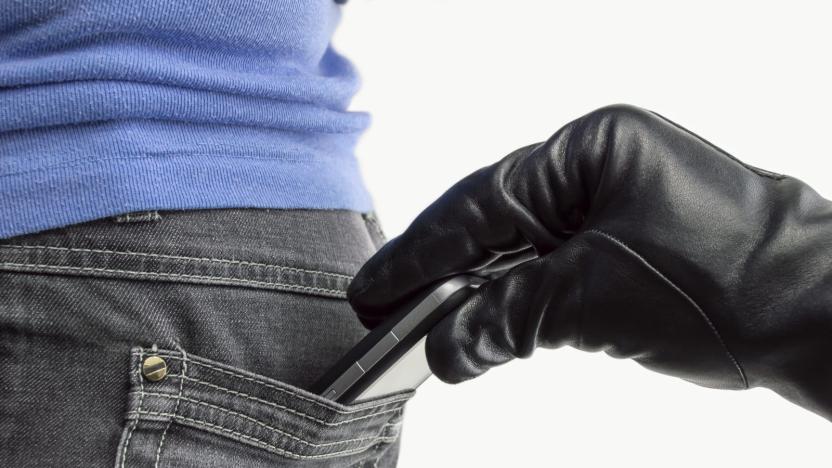
iPhone muggers turn to phishing to access the device
If your phone was stolen or got lost somewhere, keep an eye out for any suspicious texts or emails: thieves and muggers could have a high-tech trick up their sleeves. A Brazilian woman who got robbed began receiving phishing attempts not long after the event. Her husband told Krebs on Security that he located the device using Find my iPhone and sent it text messages asking if he could buy it back. After that, he began receiving texts telling him that his iPhone had been found -- all he needed to do was click on a link to retrieve it.
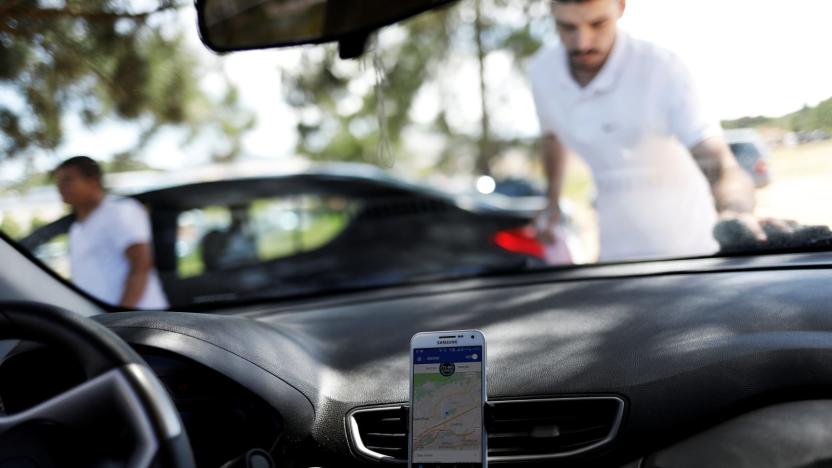
Driver murders prompt Uber to tighten security in Brazil
Uber India launched cash payments in 2015 and the company has since expanded to South America, but there has been a dark side: crime. At least six drivers in Brazil have been murdered and robberies are up tenfold since the cash service launched there in July of 2016. Following protests and a Reuters inquiry, the company has instituted a new policy requiring Brazil's cash users to register with a social security number.

How artificial intelligence can be corrupted to repress free speech
The internet was supposed to become an overwhelming democratizing force against illiberal administrations. It didn't. It was supposed to open repressed citizens' eyes, expose them to new democratic ideals and help them rise up against their authoritarian governments in declaring their basic human rights. It hasn't. It was supposed to be inherently resistant to centralized control. It isn't.

ICYMI: Temporary tat yourself for user interface
try{document.getElementById("aol-cms-player-1").style.display="none";}catch(e){}Today on In Case You Missed It: Microsoft and MIT built a computer interface that drops a touchpad into a shiny, golden temporary tattoo. Just as fantastic as you'd imagine, people can use them to input commands, get notifications and store data like NFC tags.

Facebook starts testing live photo and video filters
Facebook has launched a new, experimental feature for its mobile apps that adds Snapchat-esque live filters over the videos and photos you take. Before you get too excited, though, you should know two things: first, its "creative effects" filters are very limited, and the ones already out (which include masks and frames) are Olympics-themed. Second, only iOS and Android users in Canada, as well as iOS users in Brazil can access it at the moment.
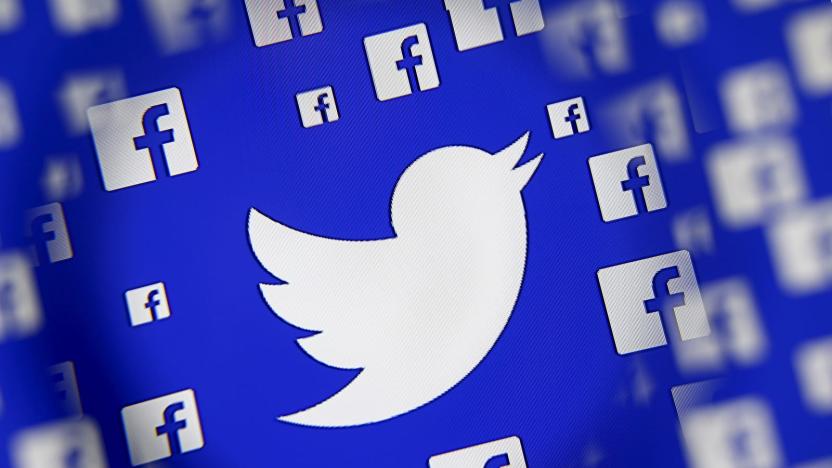
Facebook and Twitter helped catch suspected militants in Brazil
Big social networks have been doing more to quash extremist content and views lately, but rarely are they praised for having a real impact on investigation. On a television interview last night, a judge confirmed that Facebook and Twitter cooperated with authorities to help track down 12 suspected militants that were planning to attack the Rio Olympics.

The After Math: Pay up
This was a week of folks getting theirs. Brazil locked down $6 million of Facebook assets in its ongoing battle of WhatsApp. Disney shelled out $3.5 billion for the company that runs MLB At Bat. Hall-of-Fame running back Jim Brown squeezed $600,000 out of EA for its unlicensed use of his likeness. And Apple is reportedly about to spend big bucks buying Tidal from Jay-Z. Numbers, because how else are you going to measure financial debt?

Brazil freezes Facebook funds over WhatsApp evidence spat
A Brazilian court has frozen 19.5-million reals ($6-million) of Facebook's cash after the social network's messaging service, WhatsApp, failed to hand over data as part of a criminal investigation. Reuters reports that Brazilian law enforcement sought access to messages that could link drug smugglers from a number of recent raids. The court targeted Facebook Inc, as WhatsApp doesn't have any financial operations in the country.
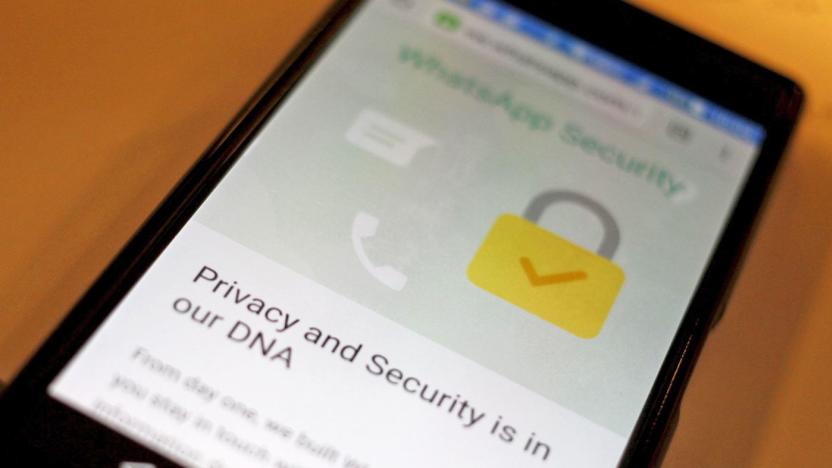
Brazilian court reverses yet another WhatsApp ban
Access to WhatsApp has been reinstated in Brazil just 24 hours after Judge Marcel Montalvão ordered the country's five largest cellular service providers to block the messaging service.
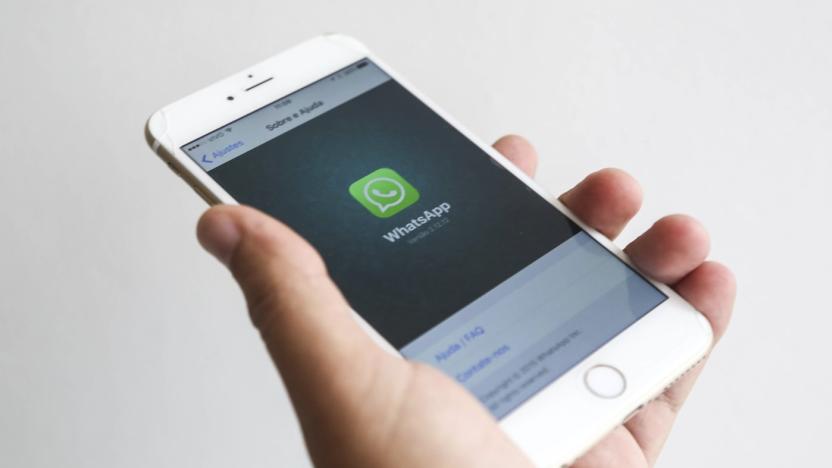
Brazilian court blocks WhatsApp for 72 hours
A Brazilian judge has ordered local cellphone carriers to block WhatsApp on their networks for 72 hours, effectively locking out over 100 million users from the Facebook-owned messaging service. The ban, which started Monday afternoon local time, appears to be a result of a dispute over WhatsApp's move to encrypt 100 percent of messages on its service. As TechCrunch reports, Judge Marcel Montalvo ordered WhatsApp to hand over chat records related to a drug investigation, but the company argued that it does not keep such records and could not decrypt the data even if it did. Therefore, it can't deliver something it does not have access to. Update: Whatsapp boss Jan Koum says in a post on Facebook that while it is working to get services back online in Brazil, "we have no intention of compromising the security of our billion users around the world."

ICYMI: Targeting Zika with tech, flexi-cam and more
#fivemin-widget-blogsmith-image-547051{display:none;} .cke_show_borders #fivemin-widget-blogsmith-image-547051, #postcontentcontainer #fivemin-widget-blogsmith-image-547051{width:570px;display:block;} try{document.getElementById("fivemin-widget-blogsmith-image-547051").style.display="none";}catch(e){}Today on In Case You Missed It: Brazil is taking on the Zika virus by creating a smart billboard that attracts, then kills mosquitoes. Columbia University researchers built a camera prototype that takes pictures at a curve. And a Chinese company has stepped to Tesla with a self-driving, electric-only vehicle, though it isn't in production yet. Definitely share the latest in the Volkswagen emissions scandal with your friends who could use $5,000 (but might not get it); or just take in this performance from Prince as he was inducted into the Rock & Roll Music Hall of Fame. He was just so talented. As always, please share any great tech or science videos you find by using the #ICYMI hashtag on Twitter for @mskerryd.

Billboard mimics human sweat to entrap Zika-carrying mosquitoes
A couple of ad agencies in Brazil installed two special billboards in Rio de Janeiro, which don't endorse any kind of good or service. Instead, these billboards were designed to lure and kill Zika-carrying mosquitoes. They attract any Aedes aegypti up to 2.5 miles away by emitting a solution containing lactic acid and carbon dioxide that mimic human sweat and breath, respectively. Once the mosquitoes flock to the billboards, they get sucked inside the glass panel, where they're trapped until they die.
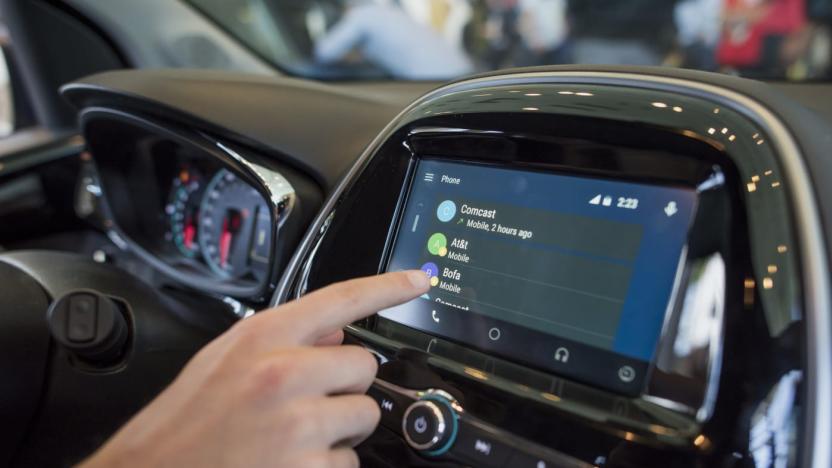
Android Auto reaches cars in 18 more countries
Android Auto isn't just available in a handful of countries anymore. Google has expanded its phone-as-infotainment integration to 18 more countries, as well as Puerto Rico. Most of the coverage revolves around Europe and Latin American nations (including Austria, Brazil, Colombia and Switzerland), but there are big exceptions like India and Russia. Your car or head-end unit will need to support Android Auto as well, of course, but this may hit the spot if you're hoping to stream music while you're stuck in Mumbai traffic.
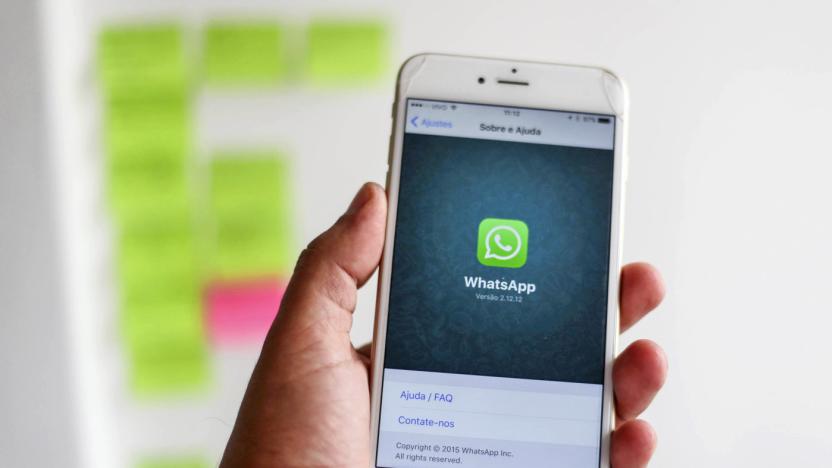
Brazil court orders release of arrested Facebook exec
Did you think Brazil was overreacting when it arrested a Facebook executive over the company's failure to hand over WhatsApp user data? So did a Brazilian court. A judge in Sergipe has ordered the release of Latin America VP Diego Dzodan just a day after he was detained, arguing that it was "unlawful coercion" -- in other words, authorities were trying to bully Facebook into complying. This isn't the first time that Brazil has crossed the line, either, as it previously ordered a temporary ban on WhatsApp that was overturned on appeal.








